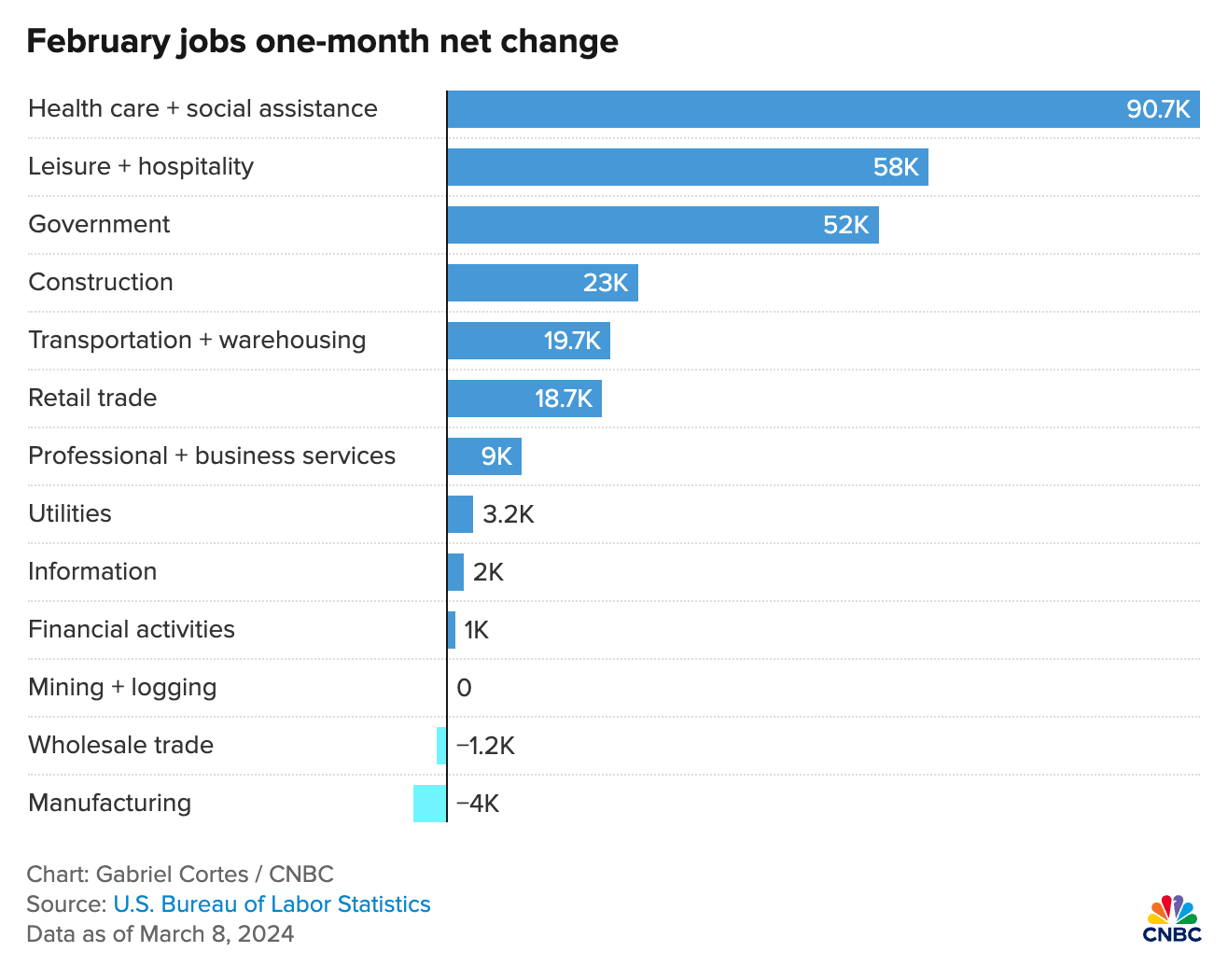


Despite mass layoffs hitting hundreds tech companies, affecting more than 56,000 workers, the job market reveals a paradoxical increase in postings. This reflects an industry evolution, shifting demands, and a focus on upskilling. TEI's Trevor Bogan shares more.
According to layoffs.fyi, as of the end of March 2024, 222 tech companies have laid off 56,858 workers. In 2023, tech layoffs were 59% higher than 2022.
Yet, according to the most recent Jobpress hiring data, job postings are up this year, with companies posting 8.7 jobs on average in January and 8.6 on average in February. That’s up from 6.6 in January 2023 and the same in January 2022.

So what gives? It’s a combination of factors, most of all including a wide range of discrepancies in layoff/job add numbers across industries, according to Trevor Bogan, regional director at the Top Employers Institute in North America.
Trevor was kind enough to provide insights in an email Q&A, and we’re sharing them with you now.
First of all, let’s be real – mass layoffs are absolutely happening. It’s just not happening evenly across the board, but rather affecting some sectors and not others, says Trevor.
“You will continue to see retail and IT companies go through layoffs because of the over hiring through the pandemic period,” he says.
Meanwhile, other industries are seeing job booms.
“Industries like healthcare, cybersecurity, fintech, data science and others are seeing an increase in hiring to cover demand.”
This suggests a talent shift – not a redundancy.

One potential explanation for the dichotomy of increased job additions and surging layoffs is that jobs are simply migrating and evolving rather than being lost. In other words, it’s not that tech is cutting jobs and healthcare and cybersecurity are adding jobs – rather, socioeconomic shifts mean long-established skills and specialties are tumbling over into other sectors.
For example:
There are many other examples, but ultimately, when one industry’s jobs become redundant, it’s not as if those skills simply disappear or become less valuable in the modern work world. In many cases, those skills simply become in demand in different sectors.
This is happening within companies as well. Layoffs are having an adverse impact on those employees who are “left behind” in their jobs – leading to an increased urgency to remain relevant to their employers.
Companies themselves are also shifting rapidly, and employees would do well to shift with them.
This means the emergence of upskilling and reskilling as a standard in the workplace.
“Employees are having to navigate how to become more of an asset for their organizations than a liability,” says Trevor. “Employees are having to learn new skills to support the expansions of their roles to cover those that have been laid off.
“Reskilling and upskilling also gives the ability for employees to move into different business units to support other projects as well to continue production.”